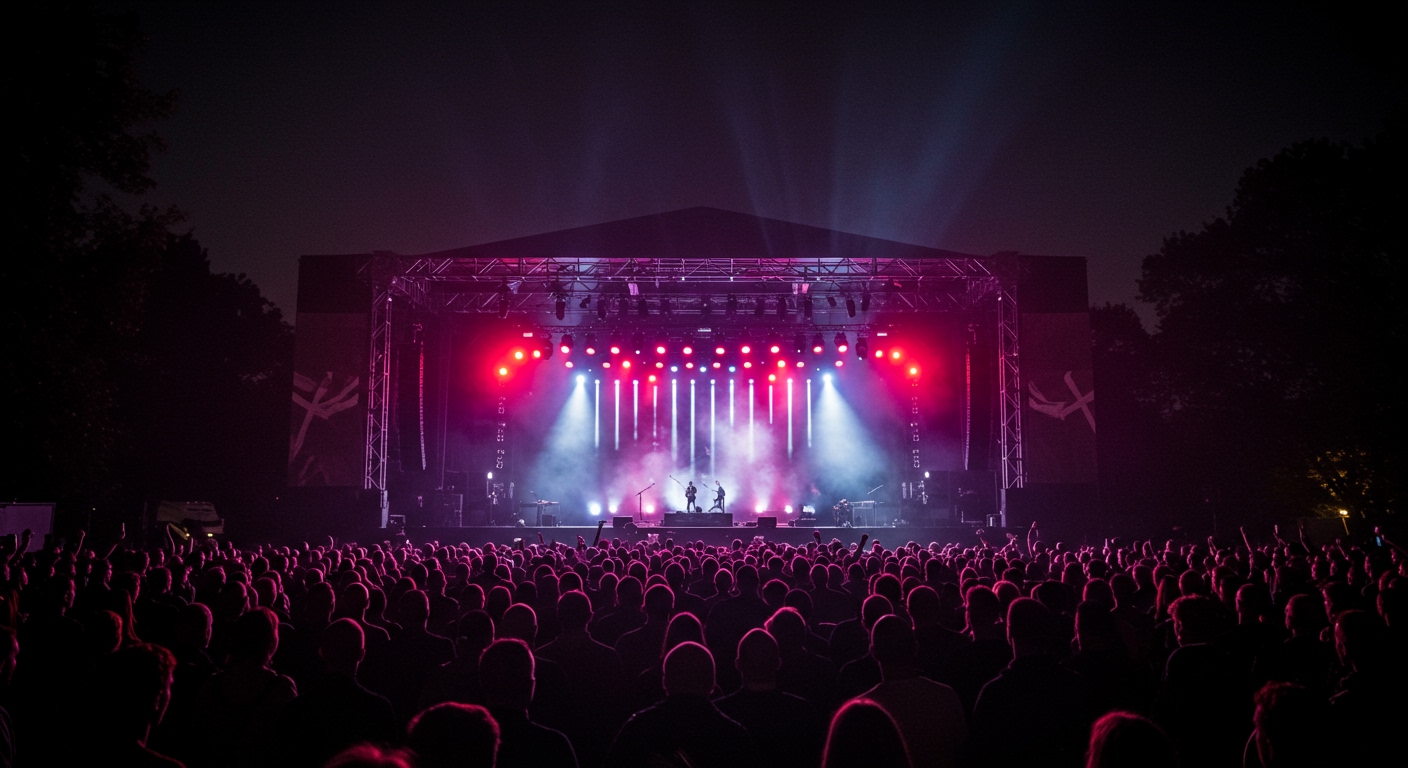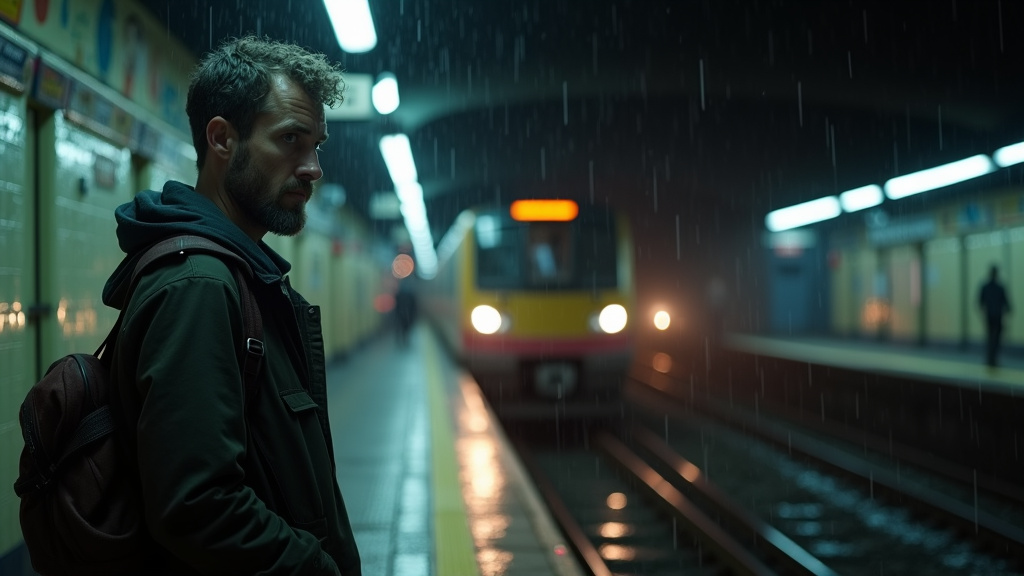Glastonbury, UK – The British government has issued a strong condemnation following chants of “Death, death to the IDF” led by rapper Bobby Vylan of the duo Bob Vylan during their performance on the West Holts stage at Glastonbury Festival on Saturday, June 28, 2025. The incident has sparked widespread debate and drawn sharp criticism from political figures and the Israeli embassy.
Controversial Performances Ignite Debate
The performance by Bob Vylan was marked by the controversial chant directed at the Israel Defense Forces (IDF), prompting immediate backlash. Simultaneously, Irish rap trio Kneecap also drew scrutiny during their set. A member of Kneecap reportedly led a chant critical of UK Prime Minister Keir Starmer and made reference to a forthcoming court appearance for bandmate Liam O hAnnaidh, also known as Mo Chara. This court appearance is related to a terror charge stemming from allegedly displaying a Hezbollah flag at a London concert last year.
Further amplifying the political nature of the protest, Mo Chara was reportedly wearing a T-shirt dedicated to the Palestine Action Group. This group is currently facing the prospect of being banned under UK terror laws, a move that has itself been a subject of political tension.
Official Condemnation and Political Fallout
The UK government’s condemnation of the “Death, death to the IDF” chants underscores the gravity with which the incident is being viewed at the highest levels. Reacting to the events, the Israeli embassy in London released a statement indicating they were “deeply disturbed” by the rhetoric displayed during the festival.
Speaking out forcefully, UK Health Secretary Wes Streeting labelled the chants “appalling” and a “disgrace.” Mr. Streeting did not mince words, stating that both the BBC, which was broadcasting the event, and the organisers of the Glastonbury Festival had “questions to answer” regarding how such sentiments were aired on their platforms and stages. However, in a more nuanced comment, Mr. Streeting also urged Israel to address settler violence occurring in the West Bank, acknowledging the complexities of the wider conflict that often form the backdrop for such protests.
Organisers and Broadcaster Respond
In the wake of the controversy, Glastonbury organiser Emily Eavis addressed the incident, stating that the chants “very much crossed a line.” This acknowledgment from the festival’s organising body highlights the perceived severity of the rhetoric within the context of the event’s typically diverse and expressive atmosphere.
The BBC, which held broadcasting rights for the festival, also took immediate action. During the live stream of Bob Vylan’s performance, the broadcaster issued an on-screen warning to viewers. Furthermore, the BBC has confirmed that it will not be making the controversial performance available on demand via its platforms. The Director-General of the BBC has since been summoned for a meeting with Culture Secretary Lisa Nandy to discuss the matter, indicating the level of governmental concern and scrutiny directed at the public service broadcaster’s handling of the live event.
Police Investigation Launched
Adding a legal dimension to the unfolding situation, Avon and Somerset Police have announced that they are currently assessing video evidence related to the incidents. The police force is reviewing the footage to determine whether any criminal offences were committed during the performances. The potential for legal consequences elevates the incident beyond mere political or social commentary, placing it under the purview of law enforcement authorities.
Broader Context and Future Implications
The events at Glastonbury occur within a fraught international climate, marked by ongoing conflict and heightened tensions in the Middle East. Music festivals, often seen as platforms for artistic expression and social commentary, increasingly become arenas where global political issues intersect with cultural performances. The inclusion of explicit political messaging, particularly surrounding sensitive and divisive topics such as the Israeli-Palestinian conflict and UK counter-terrorism measures, poses significant challenges for event organisers, broadcasters, and authorities.
This incident at one of the world’s most prominent music festivals is likely to intensify discussions about the boundaries of protest, freedom of speech, and the responsibilities of performers and platforms alike. As the police investigation proceeds and political reactions continue to unfold, the Glastonbury controversy serves as a stark reminder of how deeply international conflicts resonate on domestic stages and the complex balancing act required when political activism intersects with mainstream cultural events.





